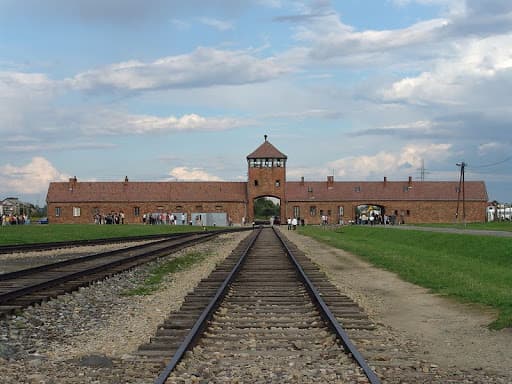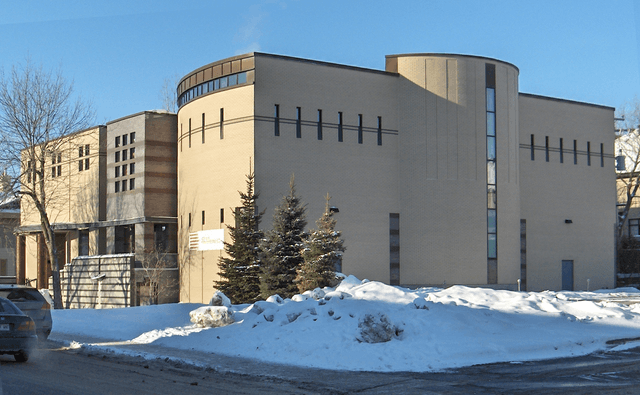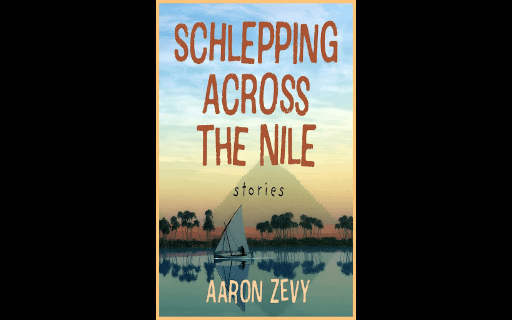The Jewish identity is fundamentally tied to l’dor v’dor (literally, ‘from generation to generation’): our obligation to ensure that our people, our traditions, and our stories survive through our descendants. L’dor v’dor has two sides. The adults must pass tradition forward, but the youth must also be willing to receive it. Among Jews, perhaps none are as sensitive to this mitzvah’s dual nature as descendants of Holocaust survivors. The heirs of survivors inherit something beyond the material—a collection of histories, resolve, and a deeply personal imperative to never forget. Now, almost 80 years after the Holocaust, some of the third generation of survivors’ offspring are at McGill. They’re approaching the same task their parents had: to pass forward the stories of their survivor loved ones to those younger. In some ways, it’s the same approach as the last generation. However, just as memory shifts and fades over time, so too does l’dor v’dor, and the third generation faces a unique role of carrying the torch in a much different world than their forefathers’.
Amélie Philipp Kirshner, U3 Arts, has two survivor grandparents. For her, being in a family of descendants intrinsically shaped her understanding of the Holocaust.
“[My grandparents’] stories were always shared at family events, especially at Jewish holidays like Passover,” Kirshner told Nu. “Their lived experiences were central to my understanding of the realities of the Holocaust from a young age. While others may learn about the atrocities in school… [they] hear more of the facts and figures, not personal stories.”
In his New York Times article “The Holocaust’s Grandchildren Are Speaking Now,” writer Marc Tracy identifies a new wave of “third-generation” Holocaust media. The budding genre works through the contrast between third-generation descendants’ typically comfortable lives and the receding stories of horror they understand they must preserve. Jesse Eisenberg’s A Real Pain (2024) follows two such third-generationers as they travel Poland to explore their grandmother’s experience of the Holocaust—and their ambivalent attachment to it. For Maya Kendall, U3 Arts, struggling to relate to their grandparents’ stories can sometimes be a reality.
“When I learned about the Holocaust, I felt a strong connection with the feeling of loss, but when I actually went to visit the concentration camp that my great-grandfather was tortured in—I felt nothing. It looked like a college campus,” Maya Kendall, U3 Arts, told Nu. “I felt very guilty for feeling this way for a long time, but I came to realize that it wasn’t my fault. They had turned Auschwitz into a tourist attraction.”
The third generation’s new perspective and approach to l’dor v’dor regarding the Holocaust differs greatly from their parents’— the second generation, often the direct children of survivors. The increased distance, both in years and generations, perhaps reduces the ease of connecting to the stories, but it also lightens the weight of passed-down generational trauma.
Kirshner has felt protected from the direct burden of her grandparents’ pain compared to the prior generation.
“My dad and aunt are much more enthralled in the trauma that my grandparents carried with them their entire lives. Because of the generational distance, I am more separated from the harsh personal consequences,” Kirshner said.
Spencer Fridman, U3 Education, has found that this transference of trauma made the generation before him much less open about his family’s stories.
“My father and his brothers never opened up about their parents being survivors,” Fridman told Nu. “Maybe it’s the Boomer generation in them [telling them] to keep everything in [....] It could also be that my dad and his brothers didn’t want to think about their parents in a horrible situation.”
The third-generationers of McGill have a unique relationship to carrying on the stories of the Holocaust. They are spared the sharpest of the emotional toll, and yet they may be the last generation to know a survivor in person. Tracy concisely describes the dynamic in his article.
“To be of the third generation, its members insist, is to have just the right proximity to the event — close enough to want to keep it in memory, not so close to want it in the present tense; close enough to think it is a part of them, not so close to think it cannot have different meanings for others,” Tracy writes.
To Fridman, being a survivor’s descendant is not defined by understanding suffering—it’s ultimately about pride.
“Our history is one of getting right back up after being pushed down into the ground,” Fridman said. “The fact my family was able to survive gives me the strength to stand up for myself.”
Powered by Froala Editor






